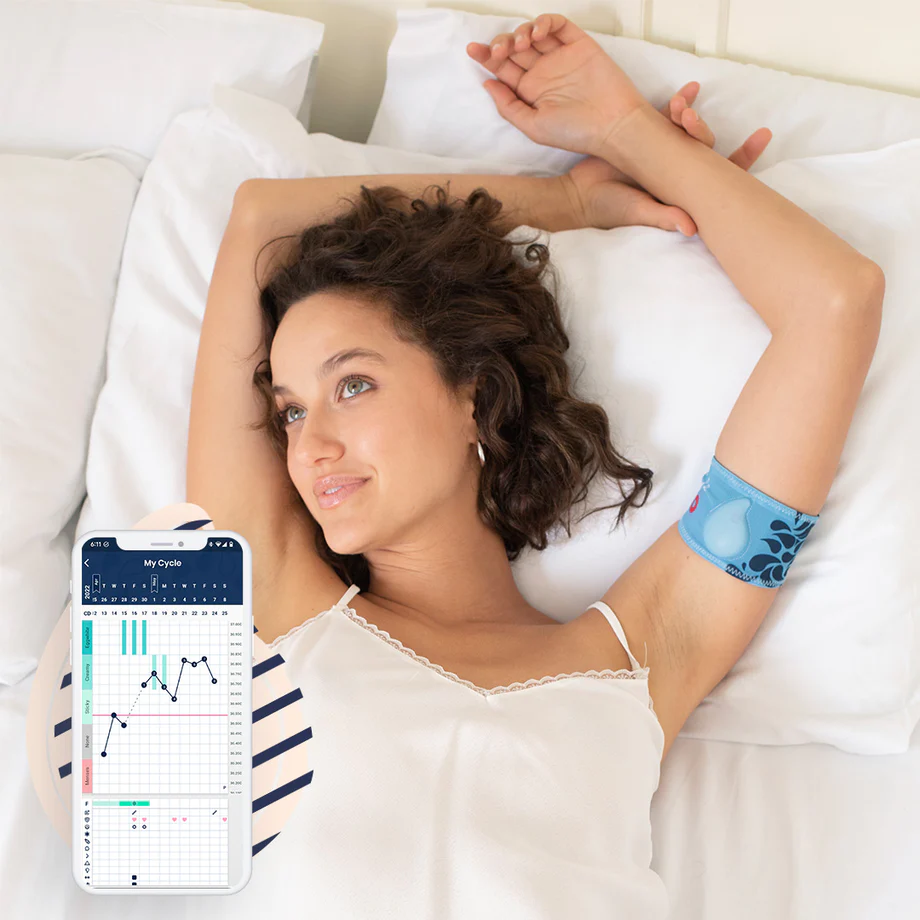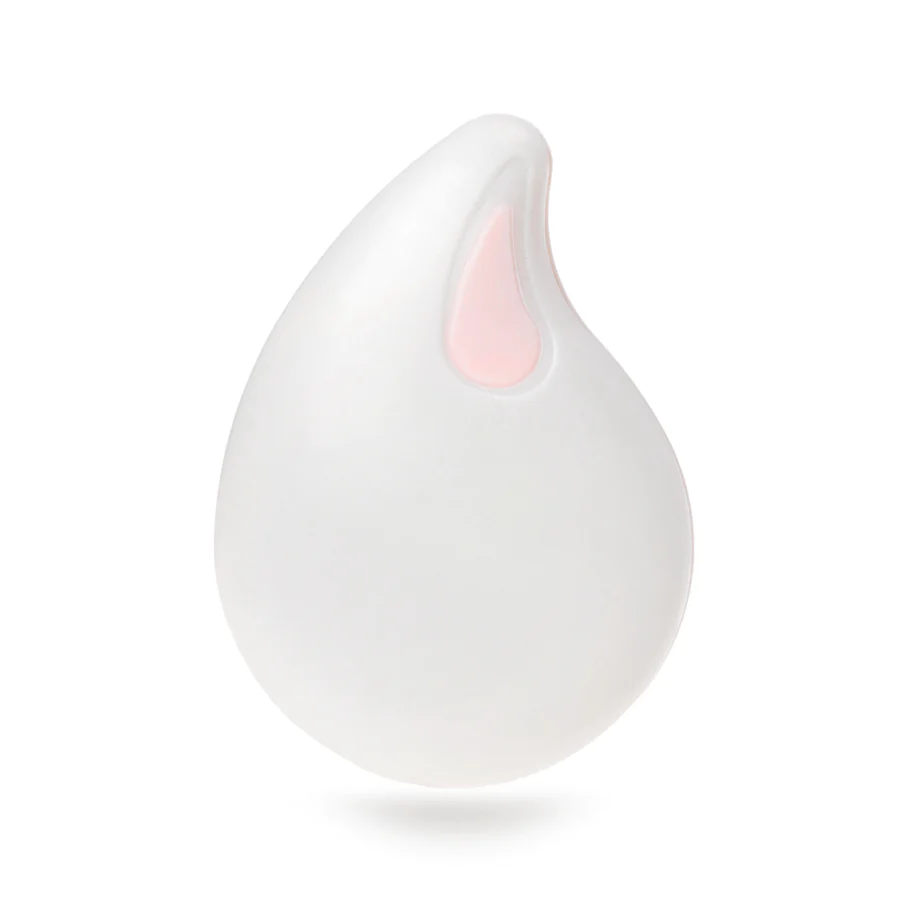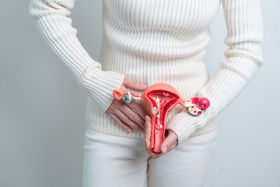Can Ovulation Make You Feel Depressed & Emotional? Experts Discuss
Published July 9, 2023.

Many women report feeling "moody" when ovulating—hormone fluctuations occur naturally over the course of your cycle, but they can affect other hormones like dopamine and serotonin (both play a part in depression). You may have heard this referred to as PMS or even PMDD (a more severe premenstrual mood disturbance). PMDD affects 5-10% of women in their reproductive years.
Ovulation occurs* when estrogen levels rise and the luteinizing hormone peaks, signaling your body it's time to release a mature egg from the ovary. This hormonal process can cause physical, mental, and emotional symptoms.
In this study, women reported higher symptoms of depression in both early and late follicular phases (before ovulation) compared to the mid-luteal phase (the time after ovulation). Here’s how hormone changes during ovulation affect your mood, and other causes to consider, so you can make any needed changes to support yourself during your cycle.
*In a 28-day cycle, ovulation typically occurs about 14 days before the next period. However, the first half of your cycle may be longer, so it's not a guarantee to be in the middle of the cycle.
How Does Ovulation Affect Your Mood?
Hormonal changes during ovulation can prompt mood symptoms, like depression and irritability. There’s a drop in estrogen after ovulation which can cause a drop in serotonin, the chemical messenger that affects moods and is linked to depression and anxiety.
After ovulation, progesterone levels peak in the middle of the luteal phase before dropping back down.* Progesterone fluctuations are also linked to a decline in dopamine, which can make you tired, moody, and unmotivated. Low estrogen can contribute to mood changes as well, including depression symptoms, anxiety, and frustration.
Genetics can also affect your sensitivity to hormonal changes, so talking with the women in your family about their experiences around ovulation may help to shed some light on your experiences.
*Progesterone levels peak during days 7-10 post ovulation—in a typical 28-day cycle, with ovulation assumed to be happening on cd14, the mid-luteal phase test is cd21, and the peak is at day 7 post ovulation.
Does Ovulation Make You Sad?
So does ovulation make you emotional? It's complicated.
Premenstrual Dysphoric Disorder (PMDD), sometimes referred to as “severe PMS,” as mentioned above, is linked to the hormonal changes triggered by ovulation.
PMDD is a mood disorder that may occur together with other premenstrual symptoms. Factors like cigarette smoking, obesity, and pre-existing anxiety disorders can increase your likelihood of developing this condition. Symptoms usually begin after ovulation and last into the first days of your period.
Symptoms of PMDD can include:
- Depression and despair
- No motivation, low energy
- Feelings of anxiety, with possible panic attacks
- Changes in sleeping habits
- Mood swings that may include anger, irritability, and crying
Even though there is a link between hormonal fluctuations and conditions such as PMS and PMDD, it doesn't necessarily mean these fluctuations are making you sad.
In my practice, I often see women with hormonal imbalances, and I have experienced PMS symptoms as well, but there are many more factors to consider if you're not feeling your best self around ovulation.
In addition to the risk factors listed above, poor diet and lifestyle, burnout at work or as a caregiver, and limited access to mental wellness resources are all contributing factors to mood disturbances and hormone imbalances throughout the cycle.
Lastly, if you have been struggling to conceive, the time after ovulation may feel emotionally difficult for you to manage and could contribute to feelings of sadness.
How Tempdrop Can Help
We all need something we can trust and rely on these days, and Tempdrop has earned this badge of honor.
Tempdrop tracks your ovulation simply and accurately. By getting to know your cycles, you can take proactive steps to prepare for the time after ovulation when you may need extra care.
Proactive support can look like:
- Scheduling therapy appointments during your ovulation and luteal phase
- Prioritizing projects at work during the first half of your cycle when you have more to offer
- Budgeting for self-care activities that fill your cup and set aside dedicated "me time"
- Reaching out to friends and family for a chat or a walk with you outside
- Using a journal to help you work through your thoughts and feelings
- Eating nutritious and nourishing foods that support your health and vitality
- Giving yourself lots of compassion and grace
The more you know about your cycles, the better prepared you can be to advocate for support from your medical provider. This helps to ensure your physical, emotional, and mental wellness needs are covered.










